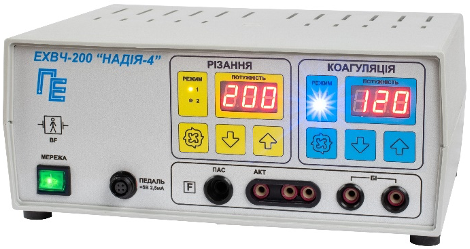|
Quantity
|
Out of stock
|
||
|
|
|||
-
All Standard Shipping orders are handled by GLS except Germany which is handled by DHL. 2–5 business days
-
All Express Shipping will be handled by DHL. Anywhere in EU: 1–2 business days

